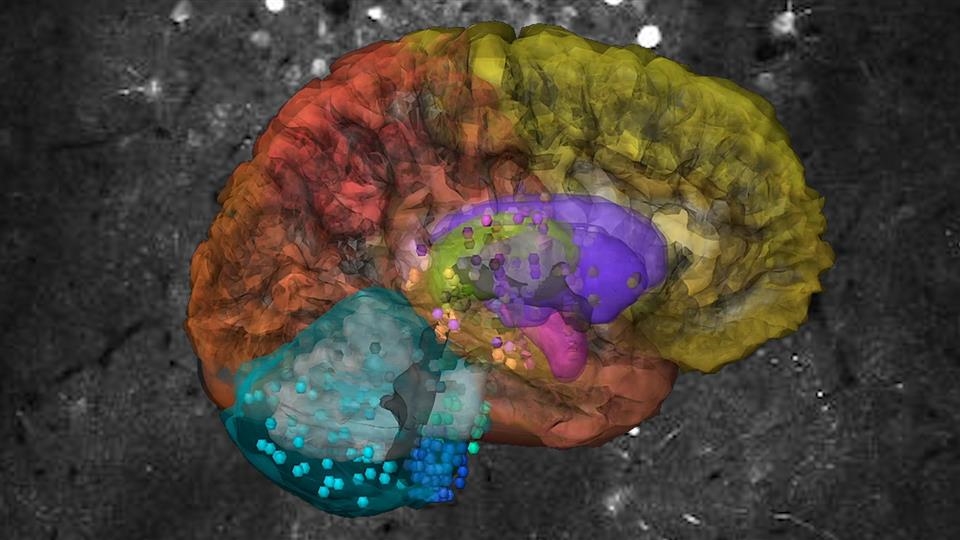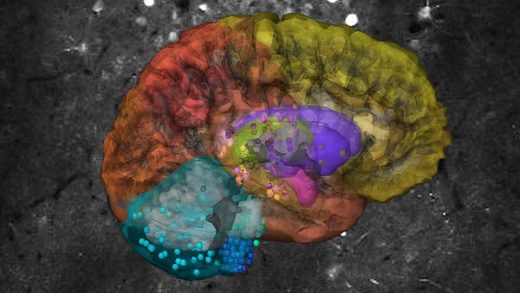Customer Loyalty Overrated — Marketers Should Consider Consumer Habits Instead
Customer Loyalty Overrated — Marketers Should Consider Consumer Habits Instead

Humans make an estimated 35,000 decisions daily, according to Marsha Lindsay, CEO and chief analyst at Lindsay Foresight & Stratagem, during an Advertising Research Foundation presentation on how habits are formed.
“Customer loyalty is overrated,” Lindsay said. “What makes competitive advantage truly sustainable is helping consumers avoid having to make a choice.”
Identifying the habits of potential and existing customers will generate greater returns.
Many of the decisions humans make are driven by autopilot or by habits, but just as many are driven by changes in the environment — for example, as a result of the COVID-19 pandemic.
Marketers need to understand the differences and these changes as brands connect with consumers.
Habits are so powerful, Lindsay says, that every culture, country and religion is defined by them.
Technology might change what we do with the information, but not how we process it.
The future of human decision making is still up in the air, Lindsay said, pointing to an article Elon Musk’s company Neuralink aimed at connecting brains with computers. In July 2019, The Wall Street Journal ran an article highlighting advances in the brain-to-computer interface.
Facebook and Google also have been working on something similar. Chips embedded in the brain can help to move artificial limbs through thought.
Lindsay said ignorance about people’s habits is costly to a company, brand, product, and career.
It’s not that the campaigns fight the habits, but they don’t necessarily understand how people’s habits work. For example, sometimes marketers think offering a two-for-one discount will alter the behavior of consumers, but if the new product requires training it will fail without the guidance on how to use it.
Another area of failure, she said, is that CPG companies notoriously train consumers to only buy something when it’s on sale.
Sometimes markets will kill the very autopilots or habits that drive sales and repeat business.
Brand recognition plays an important part in building habits. Changing the branding or packaging of a box can kill the habit because the consumer doesn’t recognize the brand’s packaging as he or she walks down the grocery store aisle.
Becoming a consumer habit isn’t tricky. It just takes a well-thought-out strategy.
Habits and their metrics are proxies for a competitive advantage, pricing power and brand strength. It achieves automatic, stability and predictability. It also created a barrier to entry from competitors, Lindsay said.
She also said to hold off on changes formed around the COVID-19 pandemic, which may not become permanent habits.
(30)


